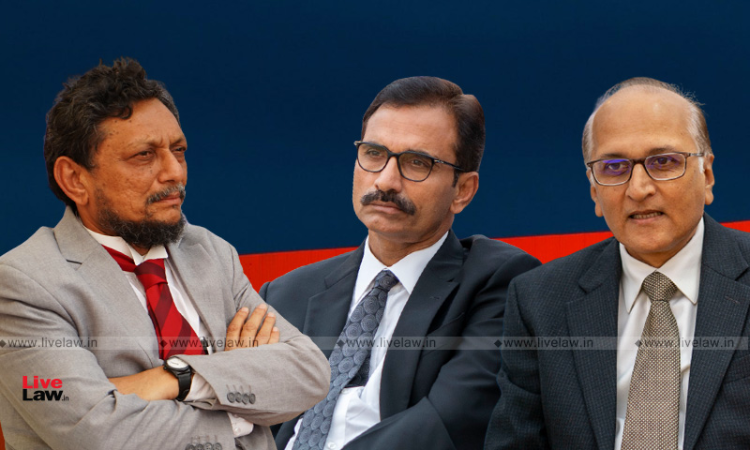Supreme Court Discusses Concept Of Separate Magistrates Cadre To Monitor Evidence Collection By Police
LIVELAW NEWS NETWORK
24 Feb 2021 5:05 PM IST

Next Story
24 Feb 2021 5:05 PM IST
The Supreme Court on Wednesday discussed the feasibility of creating an independent and separate cadre of Judicial Magistrates for monitoring evidence collection during criminal investigation.A bench comprising the Chief Justice of India SA Bobde, Justices L Nageswara Rao and S Ravindra Bhat orally observed that supervision by a Magistrate can ensure fool-proof collection of evidence at...
